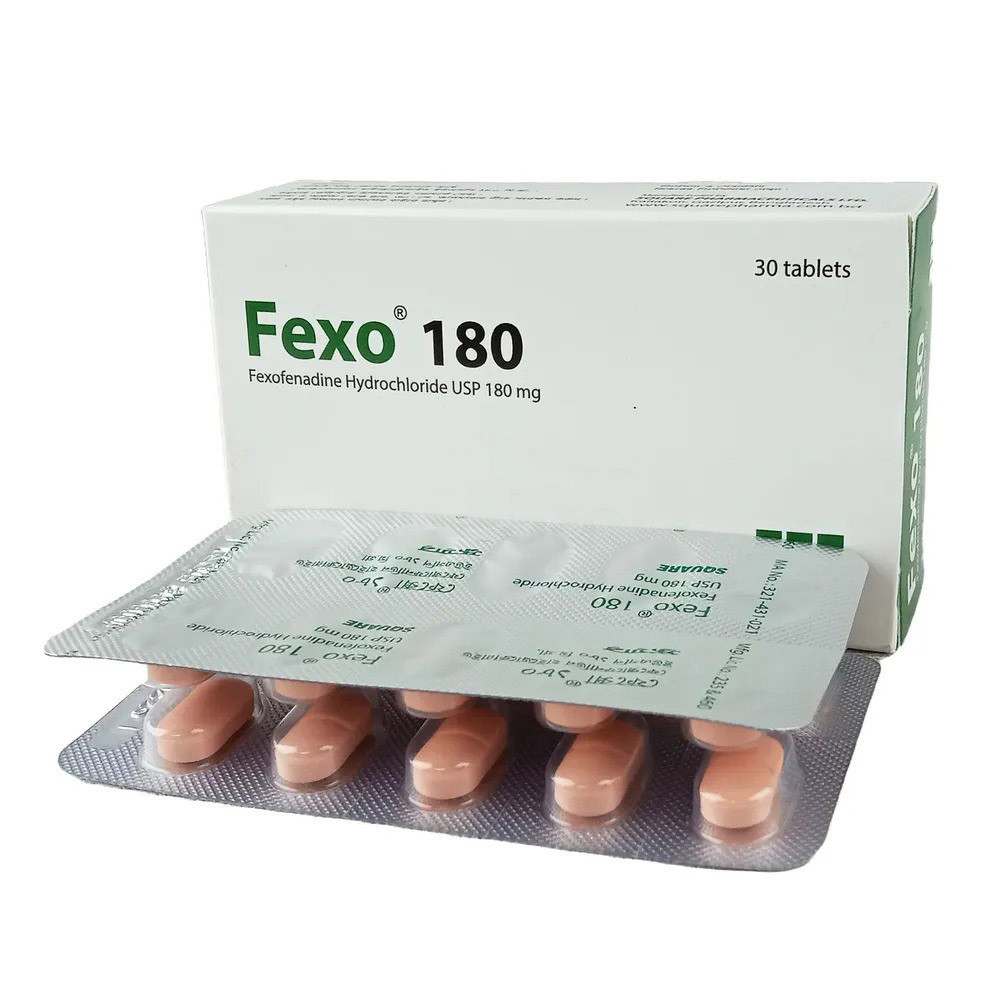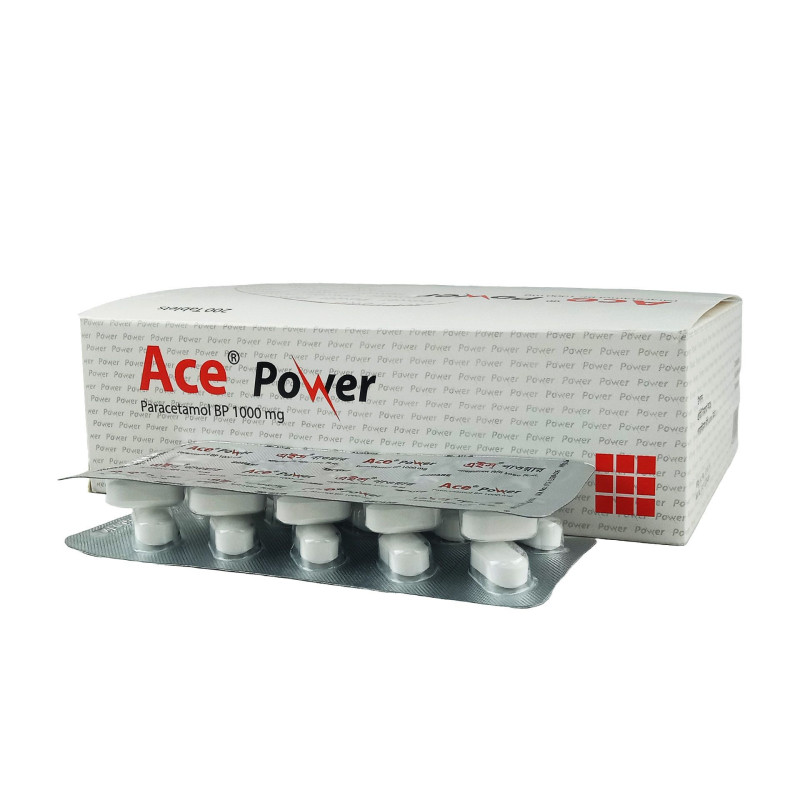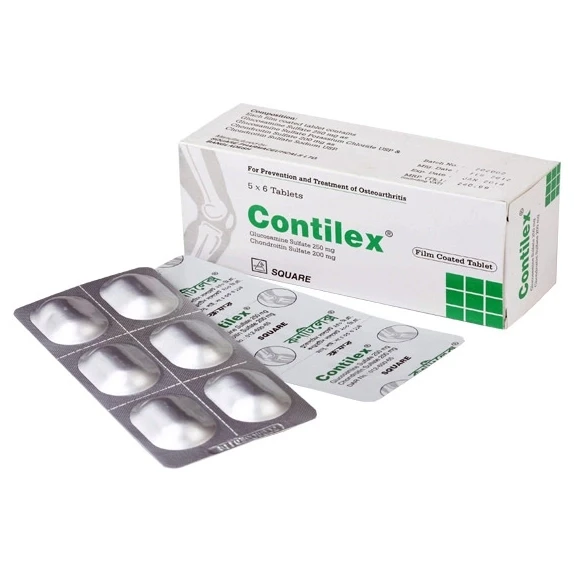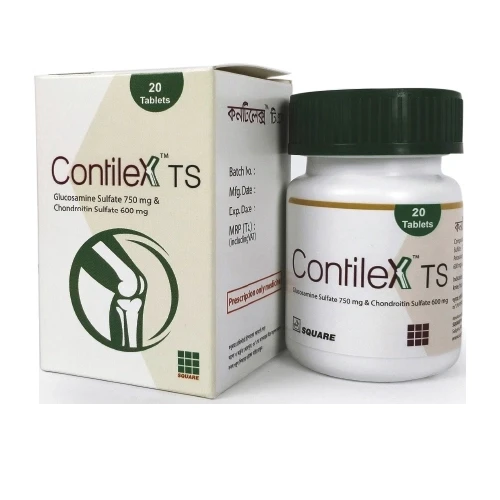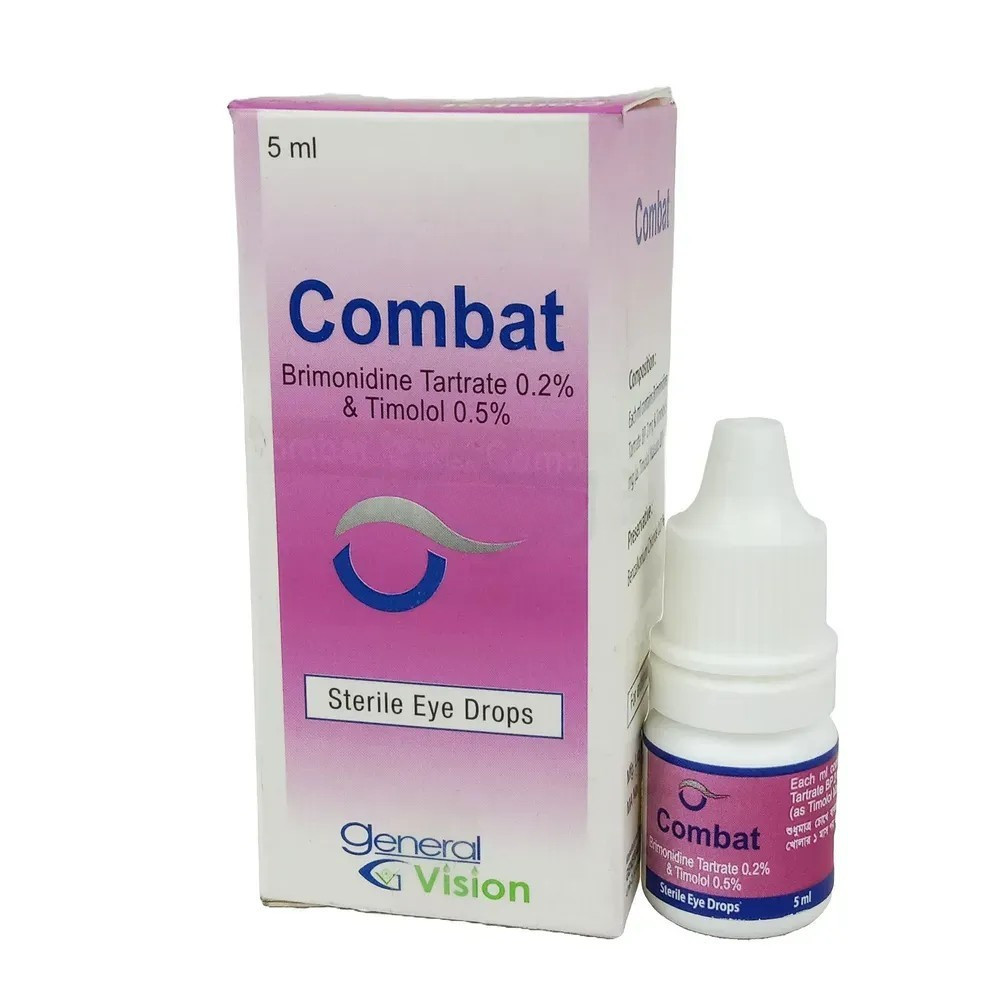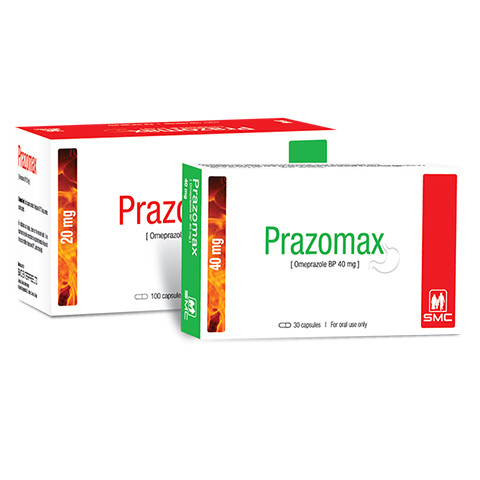

Palcigen Capsule (21 pcs), Palbociclib 125 mg
Inhouse product
-
৳11.40
৳12.00 -
৳42.75
৳45.00 -
৳16.63
৳17.50 -
৳2.14
৳2.25
Reviews & Ratings
Indications
Palcigen is a kinase
inhibitor indicated for the treatment of hormone receptor (HR)-positive, human
epidermal growth factor receptor 2 (HER2)-negative advanced or metastatic
breast cancer in combination with:
- An aromatase inhibitor as
initial endocrine-based therapy in postmenopausal women; or
- Fulvestrant in women with
disease progression following endocrine therapy.
* রেজিস্টার্ড চিকিৎসকের পরামর্শ মোতাবেক ঔষধ সেবন করুন'
Pharmacology
Palbociclib is an
inhibitor of Cyclin-dependent kinases (CDK) 4 and 6. cyclin D1 and CDK4/6 are
downstream of signaling pathways that lead to cellular proliferation.
Palbociclib reduced cellular proliferation of Estrogen receptor (ER)-positive
breast cancer cell lines by blocking progression of the cell from G1 into s
phase of the cell cycle. Treatment of breast cancer cell lines with the combination
of Palbociclib and antiestrogens leads to decreased retinoblastoma (RB) protein
phosphorylation resulting in reduced E2F expression and signaling, and
increased growth arrest compared to treatment with each drug alone. Treatment
of ER-positive breast cancer cell lines with the combination of Palbociclib and
antiestrogens led to increased cell senescence compared to each drug alone,
which was sustained for up to 6 days following Palbociclib removal and was
greater if antiestrogen treatment was continued. In vivo studies using a
patient-derived ER-positive breast cancer xenograft model demonstrated that the
combination of Palbociclib and letrozole increased the inhibition of RB
phosphorylation, downstream signaling, and tumor growth compared to each drug
alone.
Dosage &
Administration
The recommended dose
of Palbociclib is a 125 mg capsule taken orally once daily for 21 consecutive
days followed by 7 days off treatment to comprise a complete cycle of 28 days.
Palbociclib should be taken with food. Patients should be encouraged to take
their dose of Palbociclib at approximately the same time each day. For men
treated with combination Palbociclib plus aromatase inhibitor therapy, consider
treatment with an LHRH agonist according to current clinical practice
standards.
Recommended Dose Modification for Adverse Reactions:
- Recommended
Starting Dose: 125 mg/day
- First Dose
Reduction: 100 mg/day
- Second Dose
Reduction: 75 mg/day
If further dose
reduction below 75 mg/day is required, discontinue. Or, as directed by the
registered physician.
Use in Children: Palbociclib is not indicated for use in children.
* রেজিস্টার্ড চিকিৎসকের পরামর্শ মোতাবেক ঔষধ সেবন করুন'
Interaction
Palcigen is primarily
metabolized by CYP3A and Sulfotransferase (SULT) enzyme SULT2A1. Palcigen is a
time-dependent inhibitor of CYP3A.
Agents That May
Increase Palcigen Plasma Concentrations: Effect of CYP3A-Inhibitors: Coadministration of a strong CYP3A
inhibitor (Itraconazole) increased the plasma exposure of Palcigen in patients
by 87%. Avoid concomitant use of strong CYP3A inhibitors (e.g., Clarithromycin,
Indinavir, Itraconazole, Ketoconazole, Lopinavir/Ritonavir, Nefazodone, Nelfinavir,
Posaconazole, Ritonavir, Saquinavir, Telaprevir, Telithromycin, And
Voriconazole). Avoid grapefruit or grapefruit juice during Palcigen treatment.
If coadministration of Palcigen with a strong CYP3A inhibitor cannot be
avoided, reduce the dose of Palcigen.
Agents That May
Decrease Palcigen Plasma Concentrations: Effect of CYP3A Inducers: Coadministration of a strong CYP3A
Inducer (Rifampin) decreased the plasma exposure of Palcigen in healthy
subjects by 85%. Avoid concomitant use of strong CYP3A inducers (E.G.,
Phenytoin, Rifampin, Carbamazepine, Enzalutamide, and St John’s Wort).
Drugs That May Have
Their Plasma Concentrations Altered By Palcigen: Coadministration of Midazolam with multiple
doses of Palcigen increased the Midazolam plasma exposure by 61%, in patients,
compared to administration of Midazolam alone. The dose of the sensitive CYP3A
substrate with a narrow therapeutic index (e.g., Alfentanil, Cyclosporine,
Dihydroergotamine, Ergotamine, Everolimus, Fentanyl, Pimozide, Quinidine, Sirolimus,
And Tacrolimus) may need to be reduced, as Palcigen may increase its exposure.
Side Effects
Common side effects of
Palcigen include: WBC decreased, Neutrophils decreased, Neutropenia, Platelets
decreased, infections, AST increased, ALT increased, Leukopenia, Fatigue,
Nausea, Hair loss, Inflammation of the mouth and lips, Diarrhea, Anemia, Rash,
Weakness/lethargy, Vomiting, Thrombocytopenia, Dry skin, Fever.
Pregnancy &
Lactation
Palbociclib can cause
fetal harm when administered to a pregnant woman. Advise pregnant women of the
potential risk to a fetus. Risk of major birth defects and miscarriage in
clinically recognized pregnancies is 2%-4% and 15%-20%, respectively.
Precautions &
Warnings
Neutropenia: Neutropenia was the most frequently reported
adverse reaction in Study 1 (PALOMA-2) with an incidence of 80% and Study 2
(PALOMA-3) with an incidence of 83%. A Grade 3 in neutrophil counts was
reported in 66% of patients receiving Palcigen plus letrozole in Study 1 and
66% of patients receiving Palcigen plus fulvestrant in Study In Study 1 and 2,
the median time to first episode of any grade neutropenia was 15 days and the
median duration of Grade 3 was 7 days. Monitor complete blood counts prior to
Palcigen therapy and at the beginning of each cycle, well as on Day 15 of the 2
cycles, and as clinically dose. Dose or delay in treatment cycles recommended
for patients who develop Grade 3 or 4 neutropenia. Febrile neutropenia has been
reported in 1.8% of patients exposed to Palcigen Studies 1 and 2. One death due
to neutropenia was observed in Study Physicians should inform patients to
promptly report any of fever.
Interstitial Lung
Disease (ILD)/Pneumonitis:
Severe, life-threatening, fatal interstitial lung disease (ILD) and/or
pneumonitis can occur in treated with cyclin-dependent kinase 4/6 (CDK4/6)
inhibitors, including Palcigen when taken in combination with endocrine
therapy. Across clinical trials (PALOMA-1, PALOMA-2, PALOMA-3), 1.0% of
Palcigen treated patients had ILD/pneumonitis of any grade, 0.1 % had Grade 3
or 4 and no fatal cases were reported. Additional cases of ILD/pneumonitis have
been observed in the postmarketing setting, with fatalities reported. Monitor
patients for pulmonary symptoms indicative of ILD/pneumonitis hypoxia, cough,
In patients who have new or symptoms and suspected to have developed interrupt
Palcigen immediately and evaluate the Permanently discontinue Palcigen in
patients with severe ILD or pneumonitis.
Embryo Fetal Toxicity: Based on findings from animal studies and
its mechanism of action, Palcigen can cause fetal harm when administered to a
pregnant woman. In animal reproduction studies administration of Palcigen to
pregnant and during resulted in embryo-fetal toxicity at maternal that were 4
times the human clinical exposure based on area under the (AUC). Advise
pregnant women of the potential risk to a Advise females of reproductive
potential to use effective contraception during treatment with Palcigen and for
at least 3 weeks after the last dose.
Overdose Effects
There is no known
antidote for Palcigen. The treatment of overdose of Palcigen should consist of
general supportive measures.
Therapeutic Class
Protein kinase
inhibitor
Storage Conditions
Keep below 30°C
temperature, away from light & moisture. Keep out of the reach of children.
Frequently Bought Products
Miclo Ointment 10 gm tube, Clobetasone Butyrate 0.05%
Intimate Tablet, Tadalafil 10 mg
Bromolac Tablet, Bromocriptine Mesylate 2.5 mg
Methigic Tablet., Methylprednisolone 16 mg
Claricin Tablet, Clarithromycin 250 mg
Product Queries (0)
Login Or Registerto submit your questions to seller
Other Questions
No none asked to seller yet
-
৳11.40
৳12.00 -
৳42.75
৳45.00 -
৳16.63
৳17.50 -
৳2.14
৳2.25
